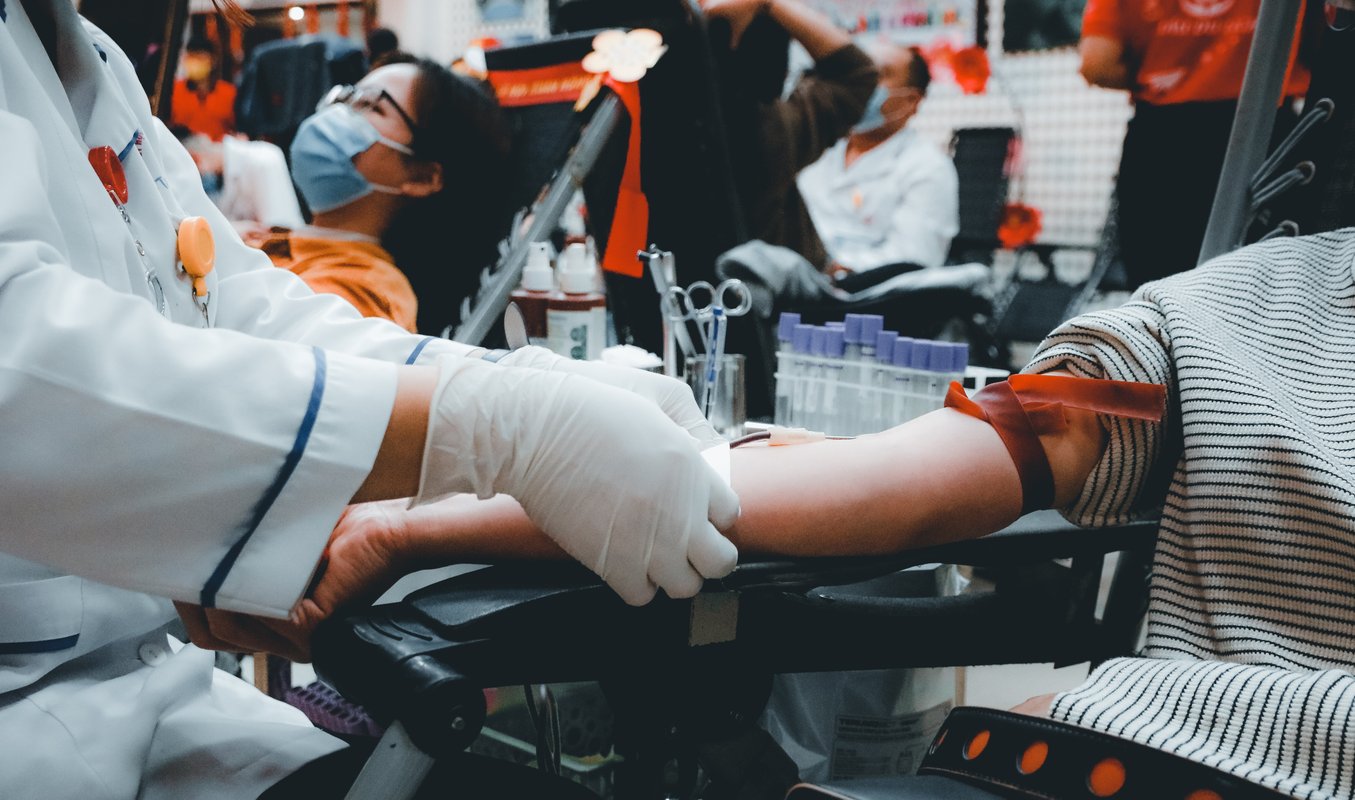Phlebotomy
Where does a Phlebotomist work? What facilities hire Phlebotomists?

Want personalized recommendations?
Let's match you to the right program

Previously, we told you about what a phlebotomist does. In this post, we’ll tackle where a Phlebotomist works. A phlebotomist's work environment options are diverse and plentiful with opportunities to work in a variety of healthcare settings and with a wide range of patients.
Article continues after recommendations
Recommended for you
Hospitals
According to BLS (Bureau of Labor Statistics) around 36% of phlebotomists work in a hospital, making it the largest employer of Phlebotomists. They include state, local and private hospitals. A hospital work environment will expose you to a wide range of medical professionals, giving you the opportunity to learn from the best and gain first-hand experience and knowledge. This will benefit you if you want to expand your healthcare career to become a nurse, laboratory technician, or medical assistant.
Medical and Diagnostic Labs
Medical and Diagnostic Laboratories are thus the second-largest employers of phlebotomists as per BLS. The main task of a phlebotomist here is to draw blood samples, analyze urine specimens, and take other types of samples according to laboratory procedures. This is a slower paced work environment compared to a hospital setting. Working in a laboratory setting gives you more time behind the scenes where you’re responsible for providing crucial information to doctors.
Doctor’s Offices
At a doctor’s office, a phlebotomist is responsible for drawing blood from patients who are scheduled for routine testing or who need a transfusion. Depending on the type of doctor’s office, you can expect to work with different types of patients. For instance, at a pediatrician’s office, as you might expect, your patients will be children. Doctor's office will be a less stressful and less demanding work environment than a hospital. The patients and co-workers you will interact with will remain fairly constant, allowing you to form meaningful relationships with them.
Outpatient Care Centers
As a phlebotomist employed by Outpatient Care Centers, you can expect to work out of different locations on a regular basis. This job will require you to travel to different physicians’ offices and other medical care facilities throughout the day to perform your duties. To thrive in this job, it is essential that you enjoy being on the road and are comfortable dealing with diverse situations as they arise.
Get courses selected just for you
Try our powerful search engine
Article continues after recommendations
More recommendations for you
Emergency Clinics
Along with a hospital setting, emergency clinics are among the most demanding working environments for phlebotomists given that it necessitates working overnight or at other odd hours. By definition you cannot control when an emergency occurs, hence you are required to be on alert and jump into action when called upon. If you prefer a predictable schedule then this may not be the best option for you. At an emergency clinic you’re expected to move according to the need and severity of injury of the patient you are dealing with.
Nursing Homes
Nursing homes are a more predictable work environment for Phlebotomists. You’ll be expected to assist the elderly who require regular blood tests for various diagnostics. Blood samples are usually sent away from a nursing home for testing so you’ll be required to ensure proper handling and labeling of the samples. Similar to a doctor’s office, the folks you work with in a nursing home will remain fairly constant, allowing you to form meaningful relationships with them.
Blood Donation Centers and Blood Drives
Most blood donation centers and blood drives work on a volunteer basis. We’ve all seen the Red Cross logo around–they are one of the biggest organizations that operate blood donation centers. Phlebotmists who work in this type of setting will be drawing blood from perfectly healthy individuals as opposed to patients in other work settings. Although these organizations mostly work on a volunteer basis, this is a great opportunity to gain experience and show your willingness for community services on your resume.
Now that you know what phlebotomy is, what a phlebotomist does and where they work, and you feel ready to dive into this rewarding career, check out some phlebotomy schools near you to get you started on your certification.

Athena is Co-founder and CEO of Dreambound.



